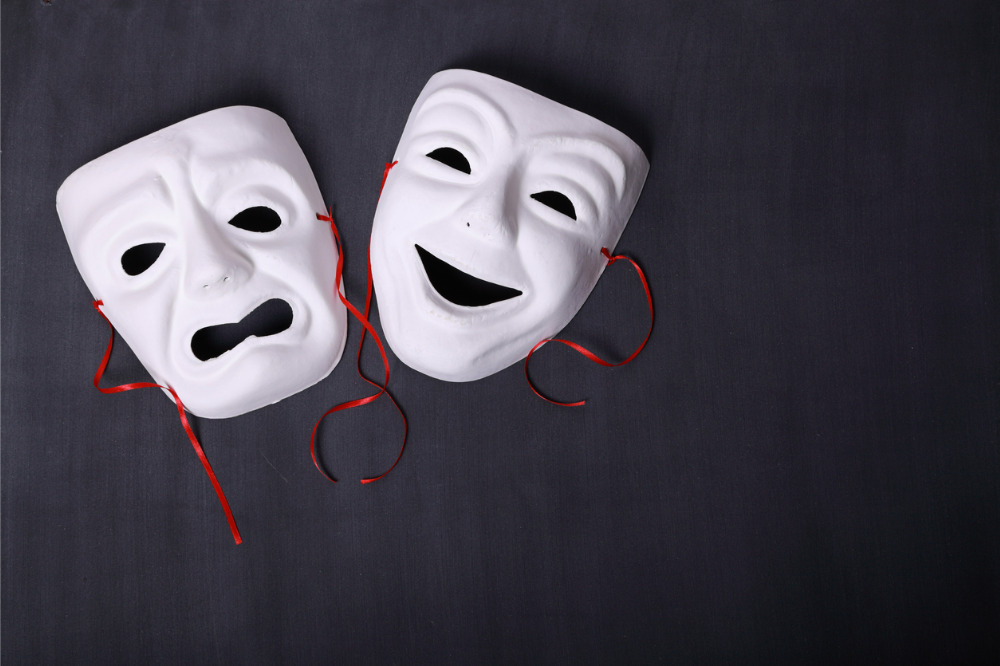
While masks are commonly used in drama for theatrical uses, their role in the classroom for academic and social purposes is much less common.
However, as some studies have shown, using masks in an educational setting can not only help children break down communication barriers but also gives them the freedom to try ideas without judgement.
New research from the University of Newcastle says masks allow students to explore new possibilities and provide their users with a dissociated kind of insight into behaviours and interactions that allow them to reconsider their sense of self.
Dr David Roy observed drama lessons at six volunteer schools, then surveyed the students and teachers from those classes, the majority of which involved the use of masks, with the exception of one class.
He found that wearing masks encouraged empathy in the students, with one observing that “It just makes you think about what other people are feeling and it gives you an idea how to portray other characters plus yourself.”
Other students said it made them feel anonymous and boosted their confidence.
One student said, “When you use it you can focus on your body completely without having to worry about your face.”
Roy said this has implications for educators beyond the field of drama education.
“The big point here is that if we’re going to teach something, we need to be trained in it. Knowledge is key, because with knowledge comes confidence and the ability to lead the children” Dr Roy told The Educator.
“The bullying, wellbeing and empathy education is all taught through drama, however, we’re seeing big cuts in the very Arts and the Humanities courses that a growing body of research shows is helping to improve students’ empathy and wellbeing”.
Dr Roy said successful democracies create better societies because they consider the Arts as equally important to other areas of the curriculum.
“We’ve lost that in Australia because of our disproportionately big focus on workplace skills at the expense of social and emotional learning and how to create a better society that doesn’t feed off the hate of extremism,” he said.
“English is not just about teaching literature and teaching ways of thinking and caring, and History isn’t about just teaching facts, it’s about learning from the past and questioning how we look at the past so we can have a better present and create a good future”.


